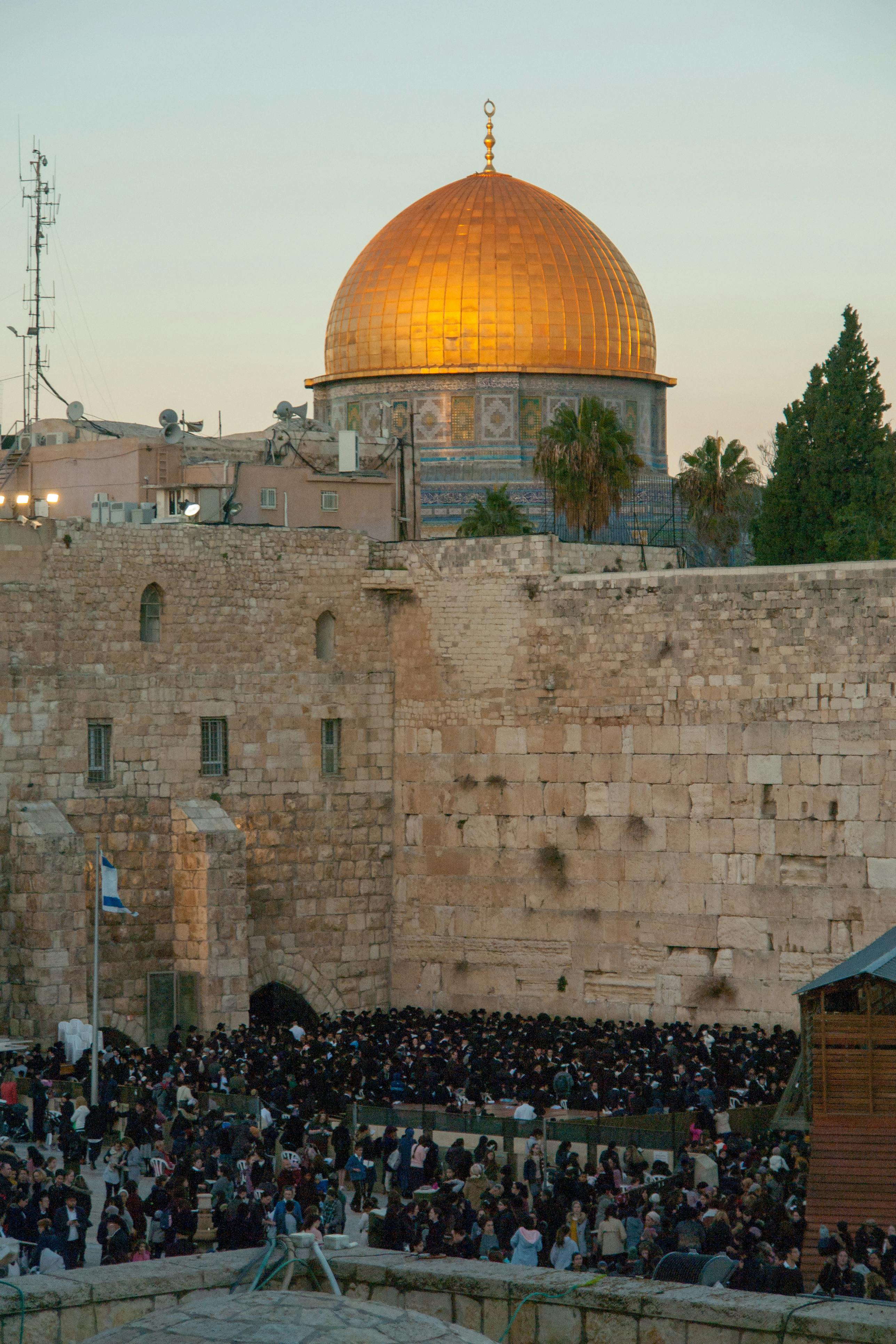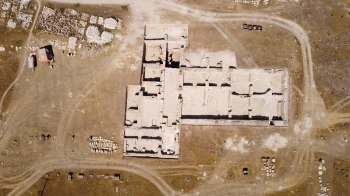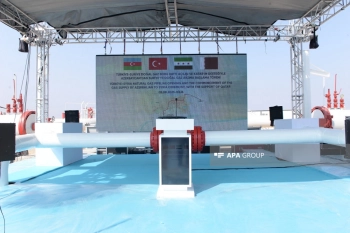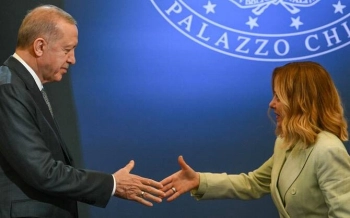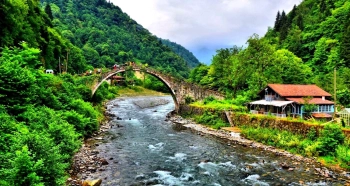Why Did Türkiye Condemn Jewish Prayers at Al-Aqsa Mosque? Exploring the Geopolitical Tensions
What sparked Türkiye's strong condemnation of Jewish prayers at the Al-Aqsa Mosque compound? Why does this issue resonate so deeply across the Muslim world? How does this incident reflect broader geopolitical tensions in the Middle East? These questions lie at the heart of a complex and sensitive religious and political dispute that continues to escalate.
The Al-Aqsa Mosque: A Sacred Site with Deep Historical Significance
The Al-Aqsa Mosque compound, located in Jerusalem's Old City, is one of Islam's holiest sites. Known as Haram al-Sharif (Noble Sanctuary) to Muslims, it is the third holiest site in Islam after Mecca and Medina. For Jews, the same area is revered as the Temple Mount, believed to be the site of two ancient Jewish temples. This overlapping sacredness has made the location a focal point of religious and political tensions for decades.
A real-world example of this tension occurred in May 2021, when clashes between Israeli police and Palestinian protesters at Al-Aqsa escalated into an 11-day war between Israel and Hamas in Gaza. The site's status is governed by a delicate status quo agreement dating back to 1967, which permits Jewish visitors but prohibits non-Muslim worship at the compound.
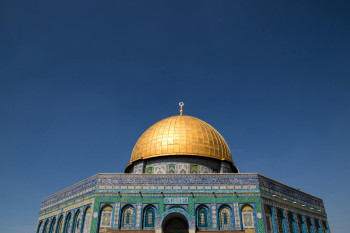
Türkiye's Strong Condemnation: Protecting Muslim Rights
Türkiye's foreign ministry issued a strongly worded statement condemning what it called "provocative acts" by Jewish groups at the Al-Aqsa compound. The Turkish government accused Israeli authorities of allowing Jewish prayers at the site, violating longstanding agreements about worship at the holy site. This condemnation reflects Türkiye's positioning itself as a defender of Muslim rights in Jerusalem and the broader Palestinian cause.
A practical application of Türkiye's stance can be seen in its diplomatic efforts. The country has consistently used international platforms like the United Nations and the Organization of Islamic Cooperation to advocate for Palestinian rights and criticize Israeli policies regarding holy sites. This aligns with President Recep Tayyip Erdoğan's vision of Türkiye as a leader of the Muslim world.
The Legal and Political Framework: Understanding the Status Quo
The current arrangement for Jerusalem's holy sites stems from Israel's capture of East Jerusalem in the 1967 Six-Day War. While Israel maintains overall security control, the Jordanian Waqf (Islamic trust) administers the Al-Aqsa compound. The status quo agreement explicitly prohibits non-Muslim worship at the site, though in recent years, there have been increasing instances of Jewish prayer and nationalist demonstrations.
A real-world example of challenges to this status quo occurred in 2000, when Ariel Sharon's visit to the Temple Mount sparked the Second Intifada. More recently, the growth of Jewish nationalist groups advocating for prayer rights at the site has created new tensions. These developments are viewed by many Muslims as attempts to alter the character of the holy site.
Regional Reactions: A Unifying Issue for the Muslim World
The issue of Al-Aqsa consistently unites Muslim-majority countries, despite their many political differences. Following Türkiye's condemnation, other nations including Jordan, Egypt, and Saudi Arabia expressed concern about developments at the holy site. Even countries that have normalized relations with Israel through the Abraham Accords have been compelled to respond to perceived threats to Muslim worship at Al-Aqsa.
A practical example of this unity occurred during the 2021 Gaza conflict, when countries as diverse as Iran, Türkiye, and Malaysia all condemned Israeli actions at Al-Aqsa, despite their competing regional interests. This demonstrates how the Jerusalem holy sites remain a powerful symbolic issue across the Islamic world.
The Broader Geopolitical Context: Türkiye-Israel Relations
Türkiye's condemnation must be understood within the complex trajectory of its relationship with Israel. Once close allies, relations deteriorated significantly after the 2010 Mavi Marmara incident and reached a low point during the 2018 Gaza border protests. While there have been recent attempts at normalization, fundamental disagreements about Palestine continue to strain ties.
A real-world application of this tension is visible in energy politics. Despite their political disputes, Israel has exported natural gas to Türkiye, showing how economic interests sometimes override ideological differences. However, issues like Al-Aqsa demonstrate the limits of this pragmatic approach when core religious and national identity issues are at stake.
Looking Ahead: Potential Consequences and Solutions
The recurring tensions at Al-Aqsa highlight the urgent need for conflict resolution mechanisms that respect all religious claims to Jerusalem's holy sites. Potential solutions might include strengthened international oversight or more robust interfaith dialogue initiatives. However, with both Israeli nationalists and Palestinian activists viewing the site as central to their national identities, finding compromise remains exceptionally challenging.
A practical example of attempted solutions is the special role Jordan plays as custodian of Muslim holy sites in Jerusalem. Some analysts suggest expanding this model to include more international stakeholders. Others advocate for completely separating the religious and political dimensions of the conflict, though this has proven difficult in practice.
